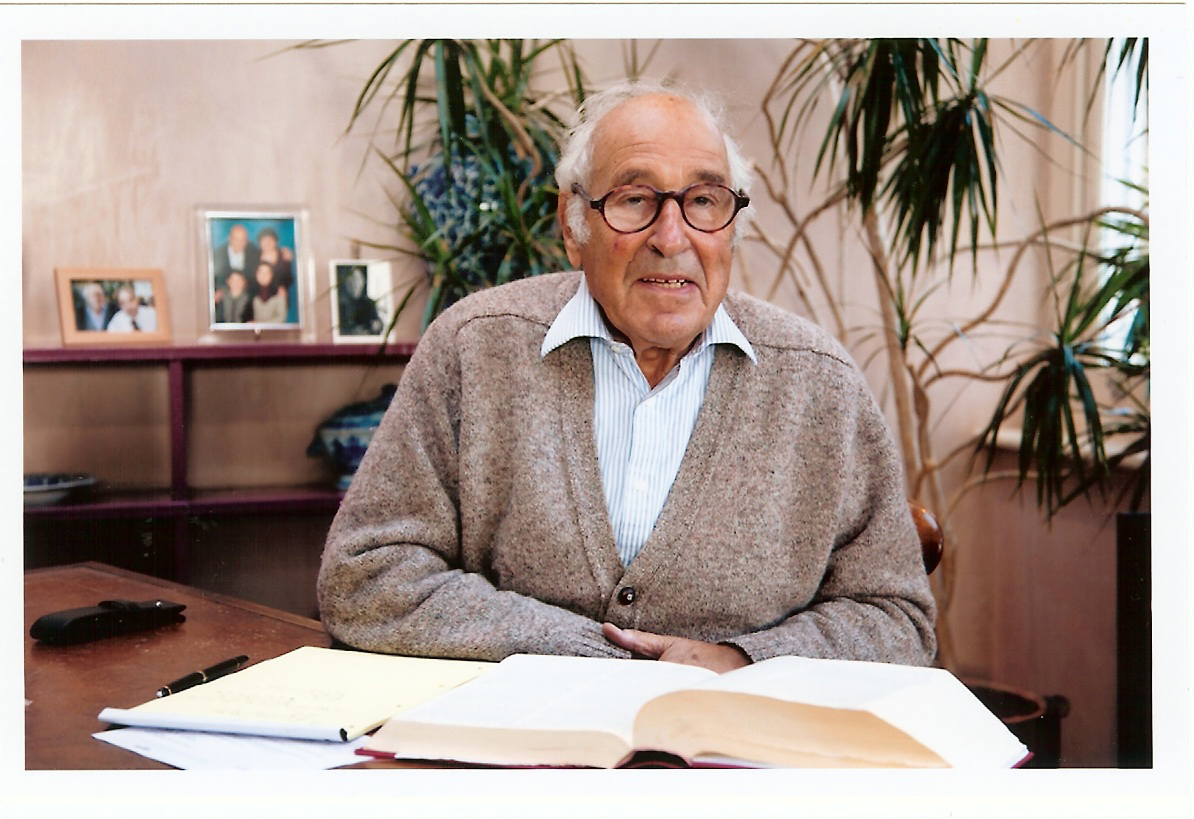Lawyer and human rights champion Sir Louis Blom-Cooper passed away in London, aged 92, on September 19, 2018. Here are some of the ways in which Blom-Cooper blazed a trail for human rights.
Fighting for Prisoners’ rights
In 1983 Blom-Cooper represented the prisoner Stephen Raymond in a landmark case that established the right of convicted prisoners to be able to access the courts in order to sue prisons, without first seeking the permission of prison authorities.
The case is seen as a major victory for prisoners’ rights and established the principal that convicted prisoners retained the basic rights of a citizen.
Boom-Cooper’s commitment to prisoners’ rights is also illustrated by his position as Chair of the Howard League for Penal Reform, a role he fulfilled for a decade from 1973 to 1984.
Campaigning to Abolish the Death Penalty
 Capital punishment by hanging was legal in Britain until 1965 Credit: Maxpixel
Capital punishment by hanging was legal in Britain until 1965 Credit: Maxpixel
Campaigning against capital punishment was a constant throughout Sir Louis Blom-Cooper’s life. He was a junior campaigner and part of the team that successfully campaigned for the abolition of the death penalty in Britain in 1965.
And Blom-Cooper also fought against the use of the death penalty throughout the Commonwealth, specifically, in 1967 in a case in Southern Nyasaland (now Malawi), and also in Trinidad in 1976.
The passing away last night of my friend & @DoughtyStreet colleague, Louis Blom-Cooper, is truly sad news. An unwavering advocate of justice, fiercely independent & great company.
— Keir Starmer (@Keir_Starmer) September 20, 2018
In a tribute published on Blom-Cooper’s 90th birthday in June 2016, his chambers Doughty Street noted: ’It was he who first challenged the mandatory death penalty throughout the Commonwealth, raising arguments decades before they came to be accepted by the Privy Council.
Founding Amnesty International
Remembering Louis Blom-Cooper who passed away last week. He was one of the founders of @amnesty and a wonderful force for justice throughout his life https://t.co/45NGTESFXI
— Kumi Naidoo (@kuminaidoo) September 26, 2018
Amnesty International was founded in 1961 and Sir Louis Blom-Cooper, was integral to the foundation of the human rights campaigning organisation.
In a statement, Amnesty International thanked Sir Louis Blom-Cooper.
“We pay tribute to a brilliant lawyer, an important ally in defending human rights and a man who was integral to Amnesty International’s founding.
Sir Louis Blom-Cooper, a trailblazing lawyer who was a champion of prison reform and a fearless campaigner against the death penalty https://t.co/w2E1bLZzz7
— Prison Reform Trust (@PRTuk) September 20, 2018
In 1961 when British lawyer Peter Benenson first conceived the idea of an organization that campaigned on behalf of political prisoners, it was Louis Blom-Cooper that he turned to first.
Thanks largely to Louis’ enthusiasm for the concept – as well as his media contacts book – the idea ended up as an article in The Observer newspaper a short time later. The ‘Forgotten Prisoners’ piece effectively launched Amnesty International and its unique brand of campaigning.
Everyone at the organization, both past and present, owes Louis Blom-Cooper an enormous debt of gratitude. We pass on our deepest condolences to his friends and family.”
A Trusted Public Figure
It’s a measure of his stature that Sir Louis Blom-Cooper was entrusted with heading numerous public inquiries.
He led two particularly emotive and high profile inquiries. Firstly the 1985 inquiry investigating the role of social services in the death of four year-old Jasmine Beckford, who was killed by her stepfather.
Secondly he also led the 1991 inquiry into the mistreatment of patients and inmates at high security psychiatric Ashworth Hospital in Merseyside.
He also chaired the Mental Health Act Commission and fought for patients rights, advocating for patients to be consulted on their treatment, and the introduction of hearings for complaints.
A good day to pay tribute to Louis Blom-Cooper, one of the founders of Amnesty International in 1961?
Here’s Nelson Mandela’s lovely letter to Amnesty in 1962 referencing Louis and thanking us for being “on our side in the struggle for a democratic South Africa”. #FreedomDay pic.twitter.com/m7QF2Lye0Y— Patrick Corrigan (@PatrickCorrigan) April 27, 2018







